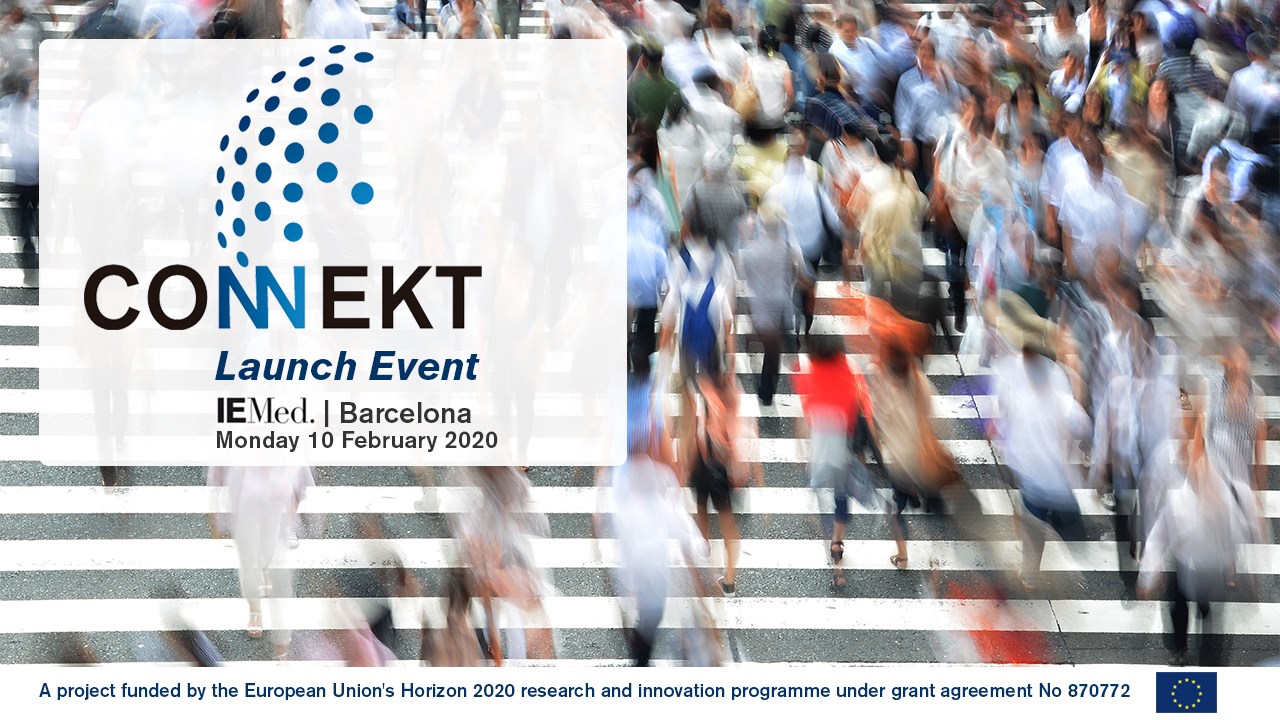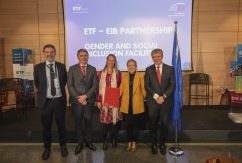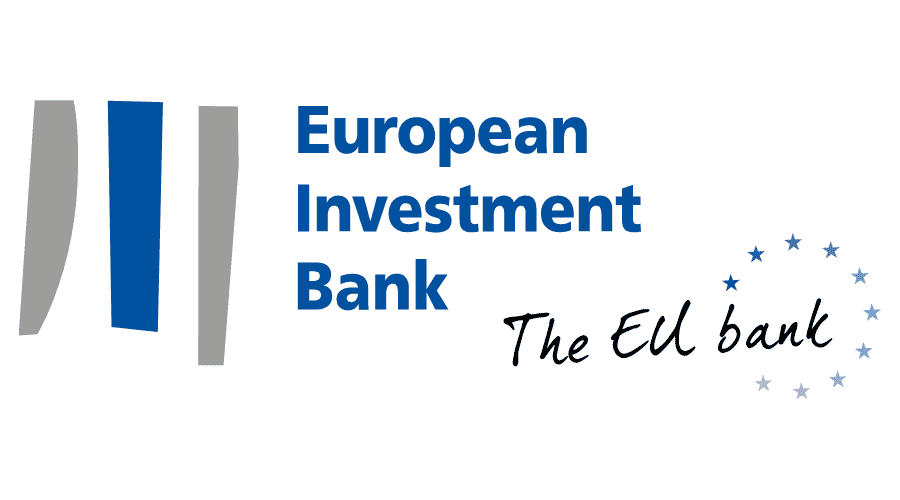EU-funded CONNEKT: roundtable to launch new project

What drives young people to violent extremism? Which are the main research gaps on this issue?
A roundtable discussion with speakers from Belgium, Egypt, Tunisia and Kosovo has dealt with this issue today in Barcelona, Spain.
The event marks the launch of the EU-funded CONNEKT project, led by the IEMed and aimed at mapping factors conducting to radicalisation among youth in order to improve prevention. Focused on young people aged between 12 and 30 from the MENA region and the Balkans, Connekt (Contexts of Extremism in MENA and Balkan Societies)will analyse seven potential radicalisation factors (religion, digitisation, economic deprivation, territorial inequalities, transnational dynamics, socio-political demands, and educational, cultural and leisure opportunities) on three levels (transnational, community and individual) in order to determine their interrelations and specific significance.
Through an interdisciplinary team formed by 14 partners from the region, an innovative methodology will be applied that, along with universities and think tanks, involves civil society actors and local authorities to recommend, based on the results of the empirical research, tools and measures to prevent violent extremism that can be applied both to the countries under study and the European Union.
The Connekt project receives funding from the European Union’s Horizon 2020 research and innovation programme.
Read more





























 Syria
Syria 




